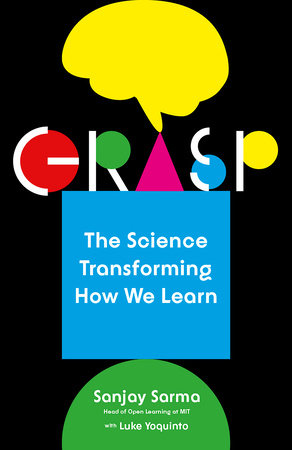A Theatre for All Sittrarangam—the small theatre Madras by Ludwig Pesch with a Foreword by Himanshu Burte
eka.grata publications © Amsterdam 2002 (print version), 2016 (ebook versions)
Digital edition © Ludwig Pesch 2016 based on the 2nd revised edition 2002This work is licensed under the Creative Commons Attribution-NonCommercial-ShareAlike 4.0 International License. To view a copy of this license, visit https://creativecommons.org/licenses/by-nc-sa/4.0/.
Beautifully and very imaginatively conceived. India needs theatres of this kind in every village.
Goverdhan Panchal, Emeritus Instructor of Scene Design at the National School of Drama and author of books and articles on traditional Indian theatre
Project website
https://www.natyasala.mimemo.net/Natyasala/Small_theatre.html

Sittrarangam is discussed in the chapter on Indian theatre architecture together with Kalakshetra and Kerala Kalamandalam in:
The Oxford Companion to Indian Theatre edited by Ananda Lal (New Delhi: Oxford University Press, 2004), pp. 18-19
http://www.worldcat.org/oclc/470139309




